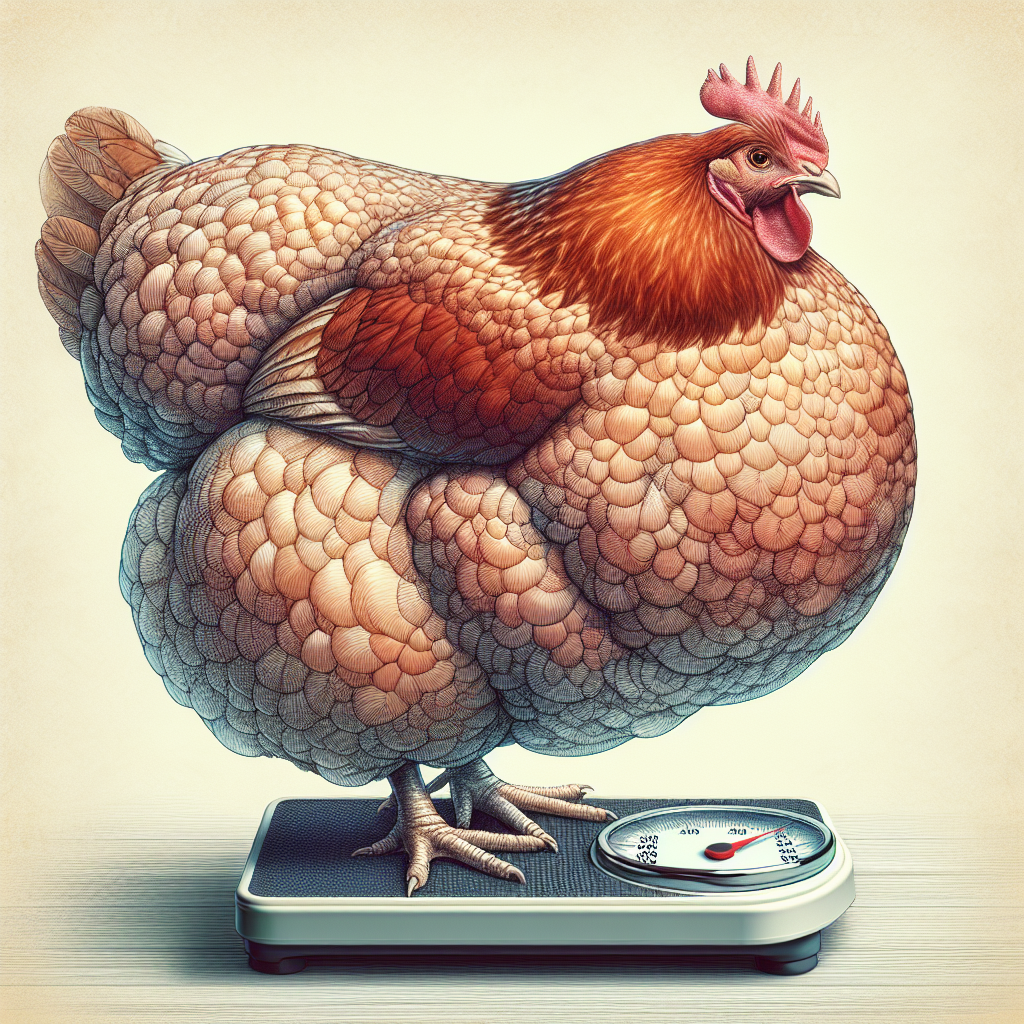During extreme weather conditions, it’s important to take into consideration certain factors when it comes to feeding. From scorching heatwaves to freezing cold snaps, these extreme weather conditions can have a significant impact on both humans and animals alike. Whether you’re a pet owner or a farmer, understanding the best practices for feeding during such conditions can help ensure the well-being and health of your animals. In this article, we will explore some essential considerations to keep in mind when it comes to feeding during extreme weather conditions. So, let’s dive in and discover how to provide proper nutrition and care even when nature is at its most challenging!
Considerations for Feeding in Extreme Weather Conditions
Importance of Proper Nutrition
Proper nutrition is crucial for the health and well-being of livestock, particularly during extreme weather conditions. A balanced diet provides the necessary nutrients to support growth, reproduction, and overall performance. When animals are exposed to extreme temperatures, they may experience increased stress, reduced appetite, and altered metabolic functions. Therefore, providing adequate nutrition becomes even more vital to ensure their resilience and ability to adapt.
Understanding the Impact of Extreme Weather
Extreme weather conditions can vary greatly, ranging from scorching heat waves to freezing temperatures and everything in between. It’s important to understand how these conditions can affect livestock. Heat stress, for example, can lead to reduced feed intake, decreased milk production, and impaired reproductive performance. Cold temperatures, on the other hand, can increase energy requirements to maintain body temperature. By being aware of the specific effects of different weather conditions, you can better address the needs of your animals.
Assessing Livestock Health Status
Regular health evaluations are crucial in monitoring the well-being of your livestock, especially during extreme weather conditions. Conducting physical examinations, checking vital signs, and observing behavior can help identify any signs of stress or distress. In addition, monitoring the body condition score (BCS) allows you to assess the nutritional status of your animals. A decline in BCS may indicate inadequate nutrition, which should be addressed promptly.
Adjusting Feed Rations and Nutrient Management
During extreme weather conditions, animals’ dietary requirements may change to accommodate their energy and nutrient needs. Evaluating the energy requirements of your livestock is essential in ensuring they receive sufficient fuel to maintain productive functions. Additionally, considering protein and mineral needs is pivotal in supporting growth, reproduction, and immune function. By adapting your feeding programs based on weather patterns, you can optimize nutrition and resilience in your animals.
Providing Adequate Water Supply
Water is a vital component of any animal’s diet, and ensuring sufficient and clean water availability is paramount. During extreme weather conditions, animals may require increased water intake to cool off and prevent dehydration. Monitoring their water consumption and quality is important to identify any potential issues. Implementing water conservation strategies, such as incorporating troughs, automatic waterers, and rainwater harvesting systems, can help optimize water usage and minimize wastage.
Managing Feed Storage and Quality
Proper feed storage is essential to maintain feed quality and prevent spoilage. Extreme weather conditions, such as high temperatures and humidity, can accelerate feed deterioration and favor the growth of molds and bacteria. Inspecting feed regularly for mold or contamination is crucial to ensure the health and safety of your livestock. Using proper storage techniques, such as keeping feed in dry areas and protecting it from pests and vermin, helps preserve its nutritional value and minimize waste.
Implementing Shelter and Cooling Systems
Providing adequate shelter is crucial in protecting livestock from extreme weather conditions. Adequate shelter infrastructure, such as barns, sheds, or shade structures, can offer respite from the scorching sun, driving rain, or biting cold. Installing ventilation and cooling systems, such as fans, misters, or evaporative cooling, can help regulate temperatures and reduce heat stress. Ensuring access to shade is also important, as it provides a cool and comfortable space for animals to rest.
Considering Alternative Feeding Strategies
During extreme weather conditions, alternative feeding strategies may be necessary to meet the changing needs of your livestock. Exploring feed alternatives, such as switching to heat-tolerant forages or increasing concentrate supplements, can help address nutritional gaps. Using additives and supplements, such as probiotics or electrolytes, can also support resilience and stress management. Additionally, implementing forage preservation methods, such as silage or haylage feeding, can provide a nutrient-dense and readily available feed source.
Monitoring Feed Consumption and Intake
Regularly monitoring feed consumption and intake is crucial to assess the nutritional status and health of your livestock. Changes in appetite or feed consumption may indicate a problem or imbalance in their diet. By keeping records and paying close attention to their feeding behavior, you can quickly identify any issues and take appropriate measures. Adjusting feed rations accordingly, based on their actual intake and needs, helps ensure that your animals receive adequate nutrition.
Seeking Veterinary Advice
When dealing with extreme weather conditions, it is always advisable to seek veterinary advice. Veterinarians possess the expertise and knowledge to address animal-specific concerns and offer guidance tailored to your livestock’s needs. A professional evaluation can provide valuable insights into the overall health and condition of your animals. Additionally, veterinarians can recommend specific nutritional adjustments, health interventions, or management strategies based on the specific challenges posed by extreme weather conditions.
Feeding livestock during extreme weather conditions requires careful consideration and proactive management. By understanding the importance of proper nutrition, assessing livestock health status, adjusting feed rations, providing adequate water supply, managing feed storage, implementing shelter and cooling systems, considering alternative feeding strategies, monitoring feed consumption, and seeking veterinary advice, you can ensure the health, well-being, and productivity of your animals even in challenging weather circumstances.




